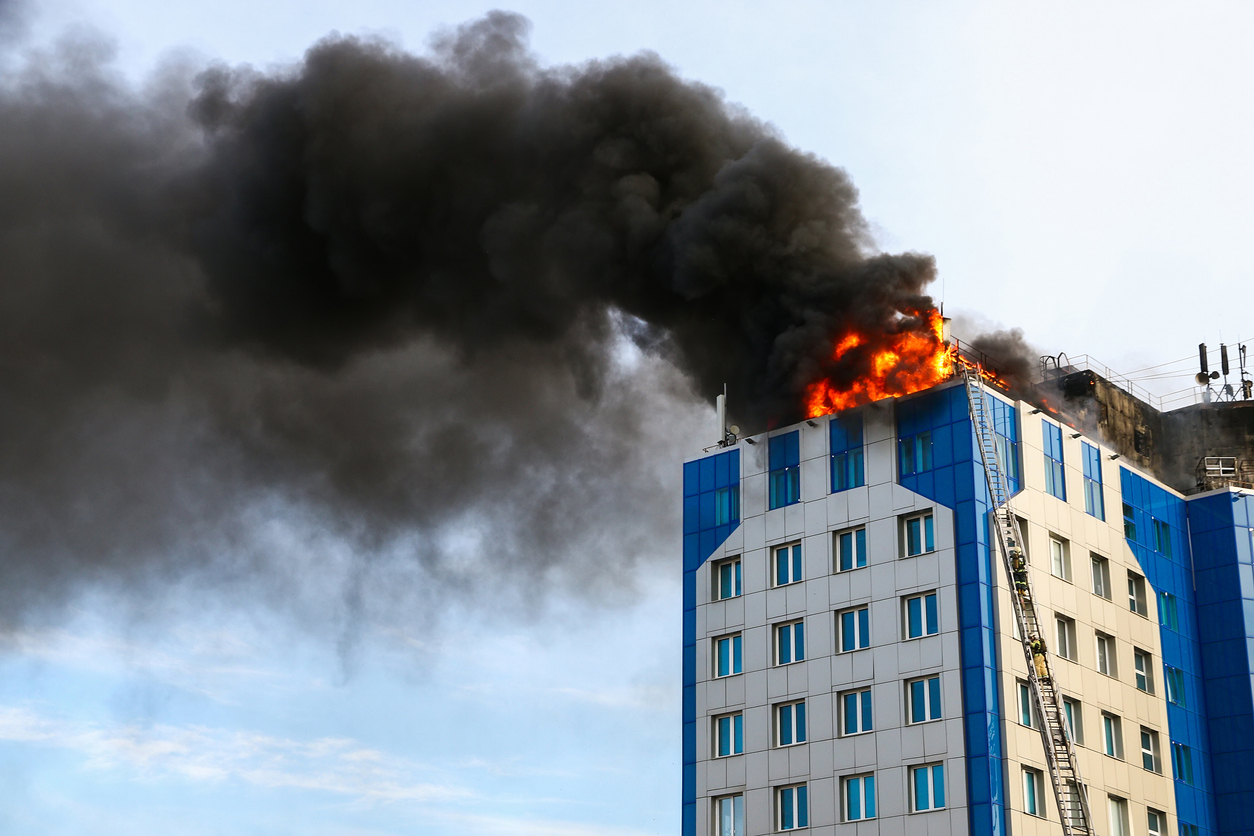Recently, SMW was retained by a high-end condominium in the Back Bay to handle a property loss claim. The condo is a 3-unit building that is administered by a well-regarded property manager. The owner of one of the units was referred to us from their realtor who had just sold the insured a truly beautiful condo unit.
The first thing we did, as usual, was examine the condo’s Master Policy which was written on an “all-in” basis. This means that coverage extended to any upgrades or improvements made by each of the unit owners. Noting this important element, we did the quick math and realized that the insurance for this claim would be sufficient. That’s the good news.
At the same time, we realized that if this loss had been a catastrophic event (e.g., fire) – one that affected common areas and other units, resulting in major property damage – then this building would be woefully under-insured.
We had a lot of thoughts about how this situation came to be. Was it the condo trustees who were responsible? Maybe they didn’t want to spend the money to purchase an appropriate amount of insurance. Did the property manager make a poor decision? Did the insurance agent? We didn’t know who was responsible for this problem – but we wanted them to know about it.
We immediately spoke to the property manager. SMW had worked with them before and we have a good relationship. We told them our findings based on our review of the Master Policy, emphasizing the critical importance of having enough coverage in the event of a big loss. We also advised them to increase their ordinance or law (code) coverage, as these older buildings usually have many code upgrades mandated by the city. The cost of bringing a building up to code can be very high, and ordinance or law (code) is a separate coverage in the insurance policy.
This situation underscores the disconnect that can occur in condo coverage between the association’s Master Policy and an individual unit owner’s policy. People buying expensive condo units are making a huge financial investment. If the entire condo association isn’t adequately insured, that investment could be completely undermined. Understanding this coverage should be part of the due diligence for anyone buying a condo unit.
When buying a condo, most people are thinking about the move. They’re focused on what to buy, or how to pick a new neighborhood. All these elements are part of the stress of the move and can distract from the big picture: you’re buying a condo and probably assuming that everything is managed and protected adequately. But if there isn’t enough coverage, it could ruin people financially.
If you’re unsure about your condo coverage, SMW is available to answer your questions and provide the guidance you need.




